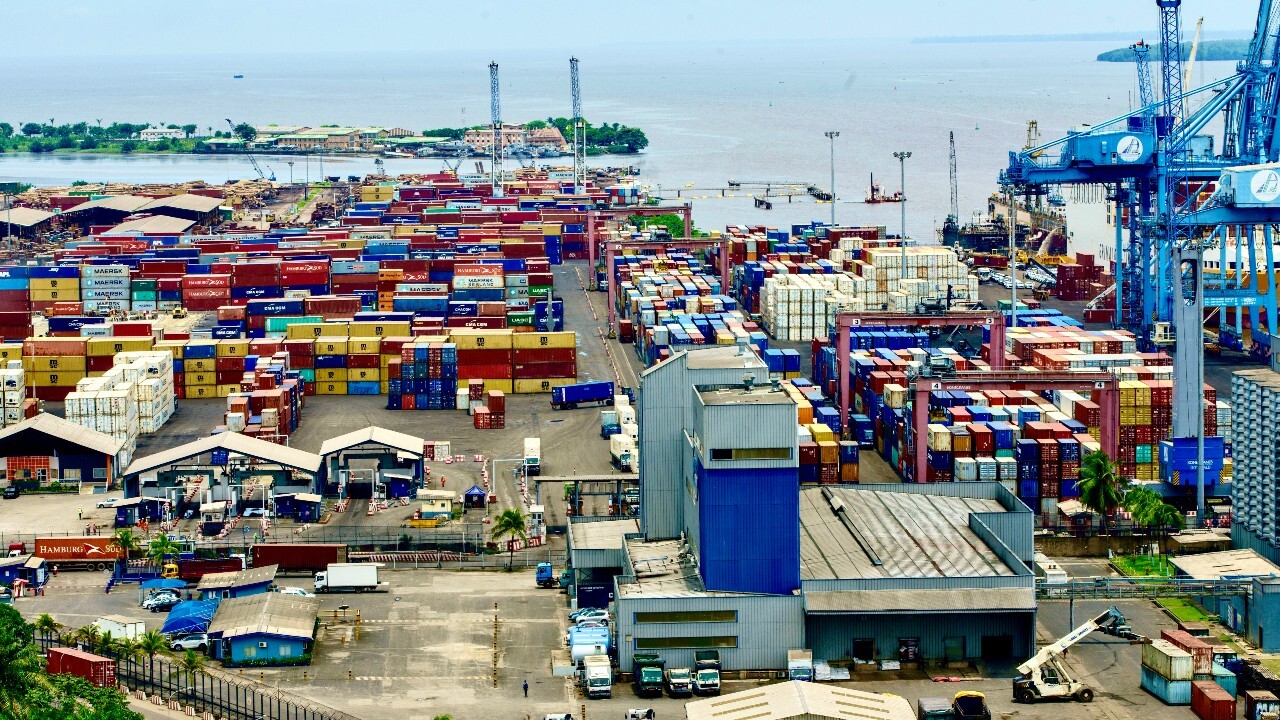The value of the US dollar is stronger than it’s been in a generation, up 17% this year against a basket of other currencies. Perhaps even more
The value of the US dollar is stronger than it’s been in a generation, up 17% this year against a basket of other currencies. Perhaps even more important for Cameroon and neighboring countries, the dollar briefly reached parity with the euro for the first time in two decades. This is relevant given the Central African Franc (XAF) is pegged to the euro.
So what does this mean for importers and exporters operating in the region?
Since prices of many finished goods and services are set in dollars, purchasing power has declined for Cameroon and other CEMAC countries who rely on imports for most consumer goods. Importers have to pay more for goods when converting depreciated currency to dollars. In turn they have to raise prices domestically for customers, which results in inflation.
Cameroon’s inflation rate stands at 4.6%, the highest it’s been since the 2008 financial crisis. This compares to significantly higher rates in nearby countries such as Nigeria (more than 18%) and Ghana (close to 30%).
Importers might buy smaller quantities of goods, which can lead to shortages for end consumers. They could even miss payment deadlines, which can jeopardize their businesses. Conversely, exporters benefit from the exchange rate, by selling goods in a stronger currency.
The reasons for soaring inflation are multifaceted and don’t show any signs of abating soon: rising interest rates in the US, food and fuel shortages from the war in Ukraine, and a slowdown in China’s production as a result of the zero-Covid policy.
China is a key trading partner for Cameroon, accounting for 28% of all imports. The renminbi has also suffered a downturn against the dollar, losing 7% of its relative value in recent months. This may seem like good news to Cameroonian importers.
However, this isn’t necessarily the case. Most trade between China and Cameroon is denominated in USD. As Chinese companies suffer from tightening profit margins, the cost of goods is driven up. Friction in supply chains has increased due to China’s pandemic-induced zero-tolerance lockdowns, delaying costlier goods from getting to Cameroon.
With crude oil accounting for 75% of Cameroon’s exports, a strong US dollar might seem to be good news for the nation’s economy, but it isn’t. First, the gain in exports doesn’t compensate for the loss in depreciation because Cameroon runs a trade imbalance (which stood at $840 million in 2021). Second, while crude oil revenues are up, government subsidies for imported petroleum overshadow the gain. Cameroon imported more than half of its gas from Russia, but sanctions have forced the country to turn elsewhere, which has driven up the cost. Cameroon has both oil and natural gas reserves, but they remain underexploited.
Further, because the dollar is the world’s reserve currency, dollar-denominated debt becomes more difficult to service. Since markets are closely tied together, an increase in the US federal funds rate has an impact on loans made in euros as well, which become more expensive.
Cameroonian companies holding domestic debt will have less access to capital at a higher cost. The benchmark interest rate at the Bank of Central African States has been climbing and is now at 4%. Those holding US-denominated debt will face an increase in the cost of servicing the debt.
Inflation dynamics also affect the Cameroonian diaspora. Those considering making an investment at home may receive more XAF for each dollar they convert. However, the return on investment in local currency will earn them less in dollar terms. Investors may also face other macroeconomic headwinds including higher borrowing costs and soaring inflation.
With headline inflation in the US reaching 9%, the Federal Reserve will continue raising interest rates to stave off inflation. But this comes at a time when the US economy is showing signs of weakness. If the US falls into a recession, the Federal Reserve may pause rate hikes. Analysts say inflation is worse for the economy than a recession, so it’s hard to make predictions as to when the dollar will stop rising. Any slowdown in monetary policy tightening in the US would be good news for Cameroonian importers.
Few remedies exist in the current macroeconomic environment. One solution would be import substitution, as the local production of rice and corn could be ramped up. The government could also create a more enabling environment to attract foreign direct investment in the energy, transportation, and tourism sectors. An influx of euros and dollars would offset the trade imbalance and lessen the blow of inflation on the economy.
Kappa’s goal is to remove barriers to cross-border payments, so transactions settle fast and at low cost. While technology is not a panacea to the current crisis, it can be a boon for Cameroonian businesses in the long run. Kappa stands by Cameroonian businesses through both challenging and prosperous times, through the current crisis and the inevitable boom times ahead.
Source: https://www.linkedin.com/pulse/challenges-strong-dollar-kappapay



